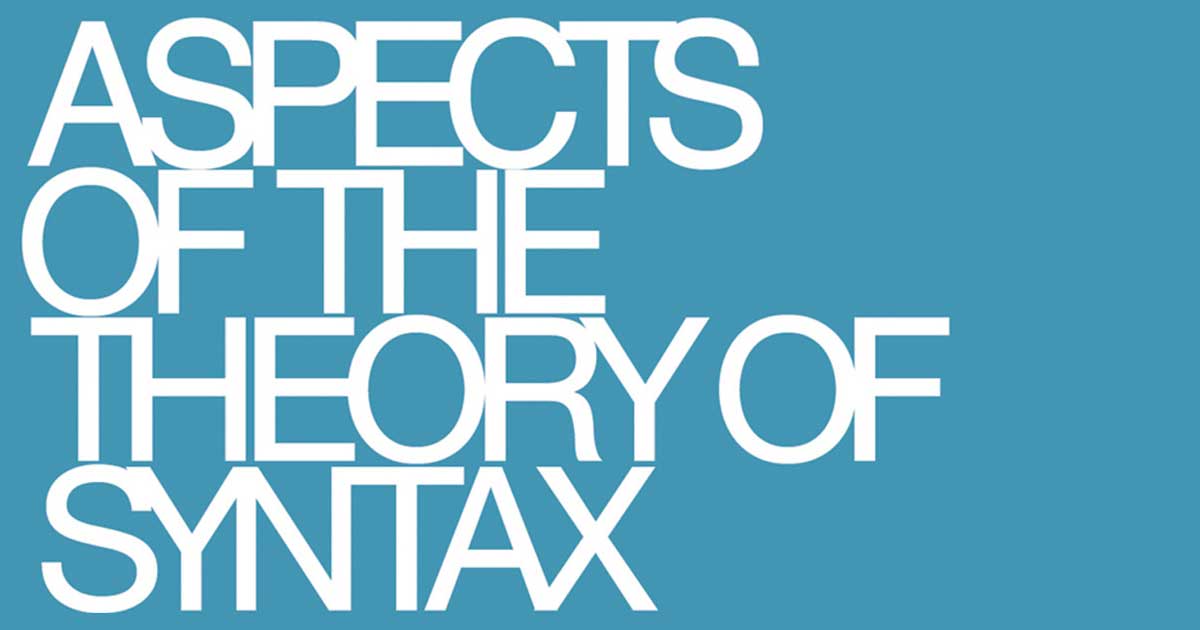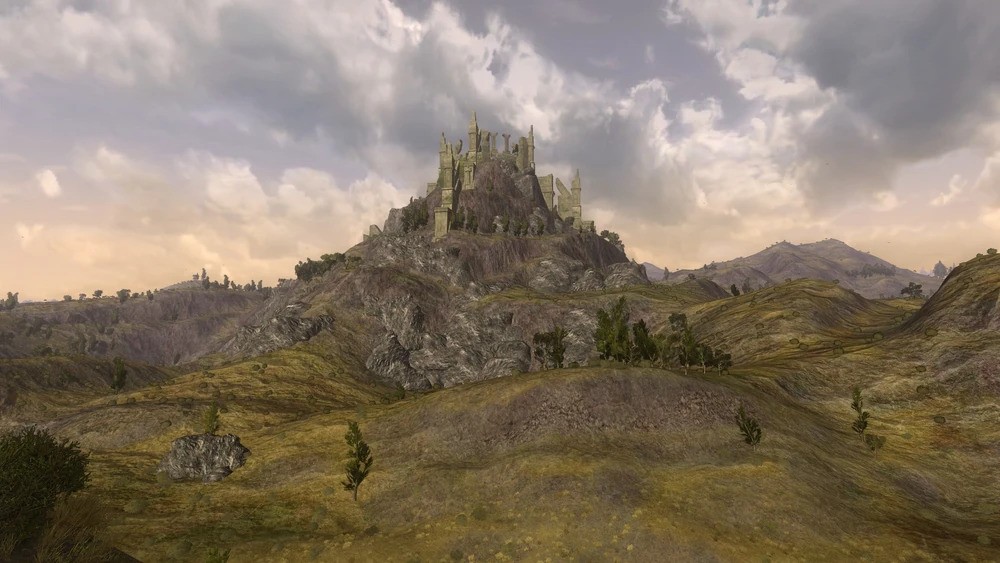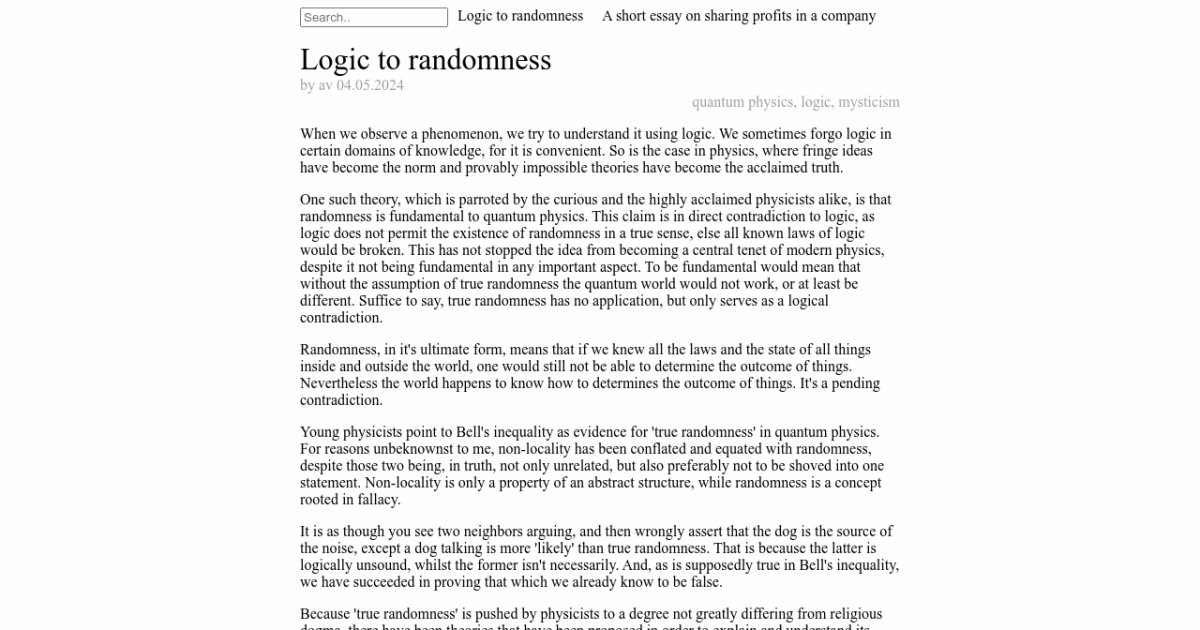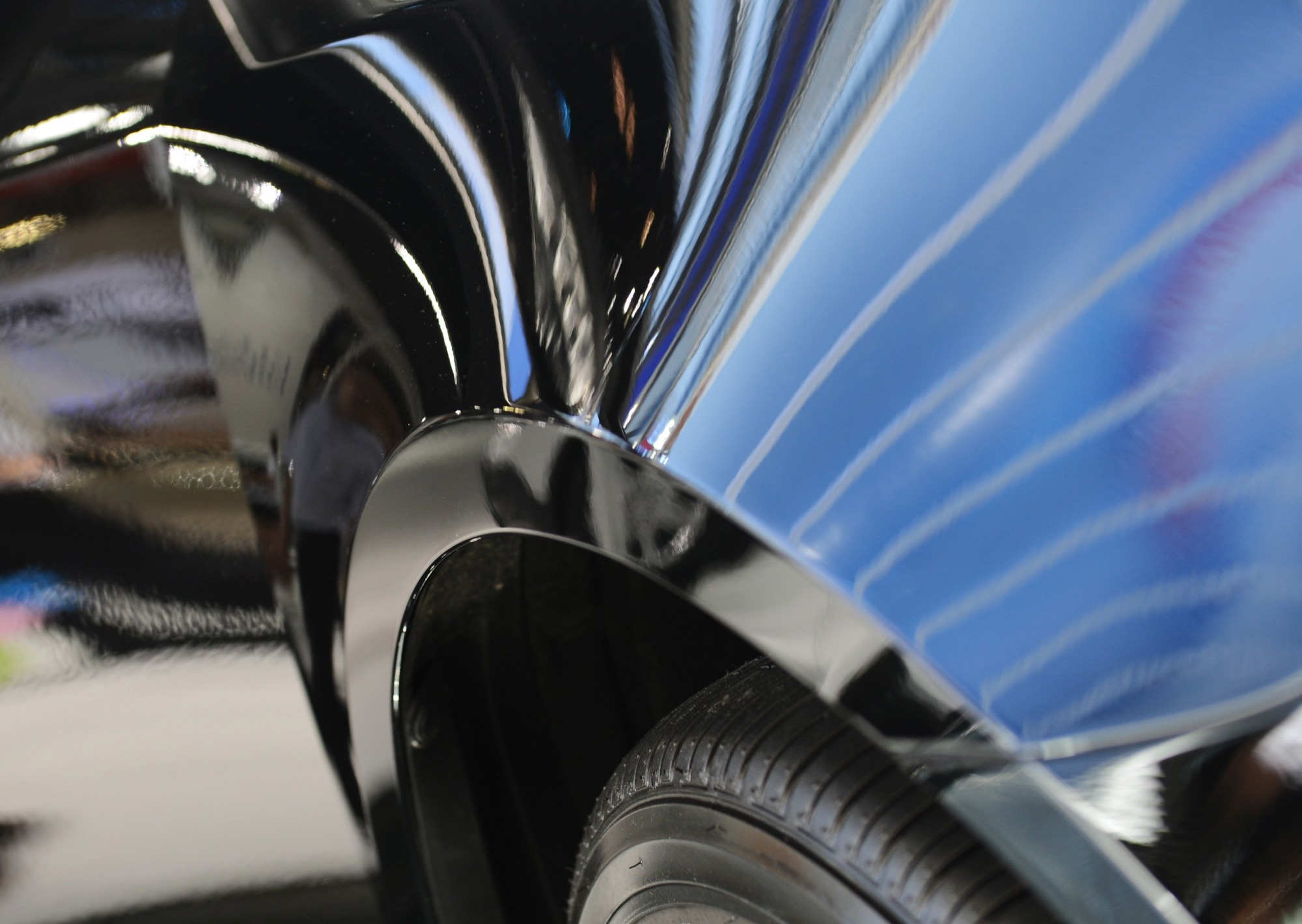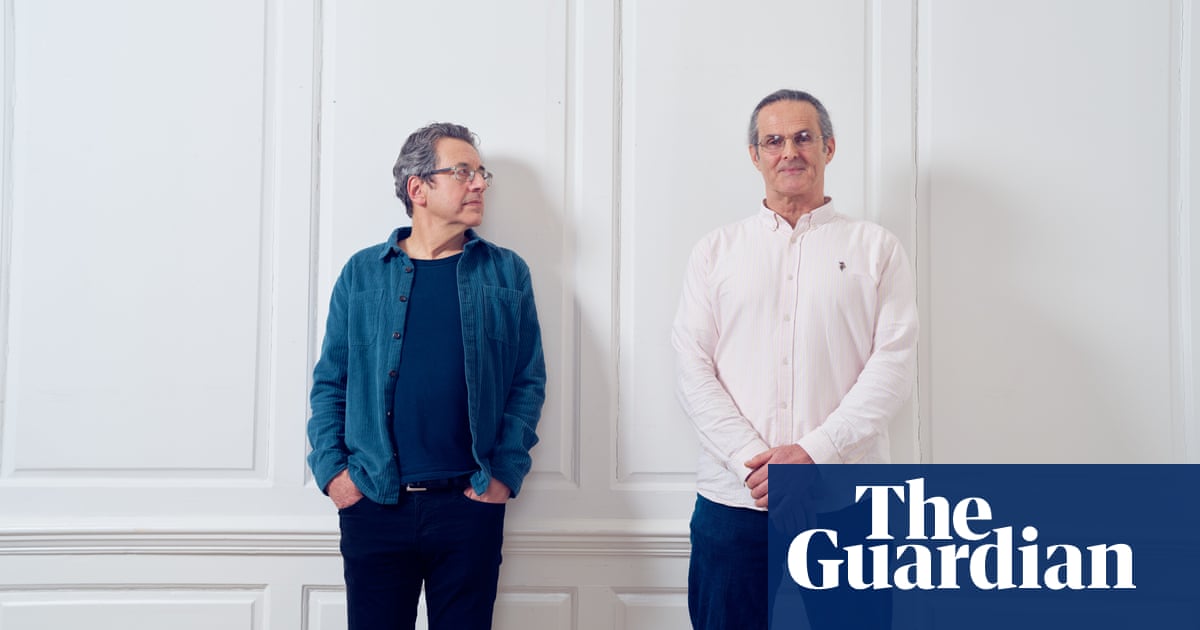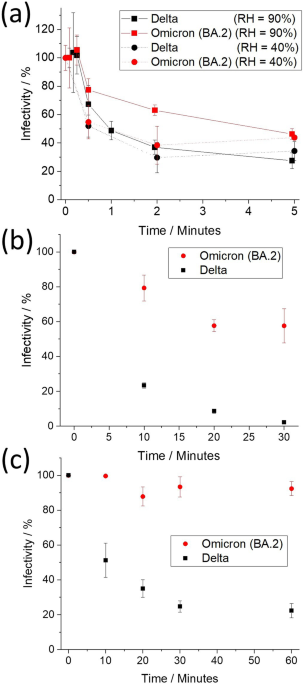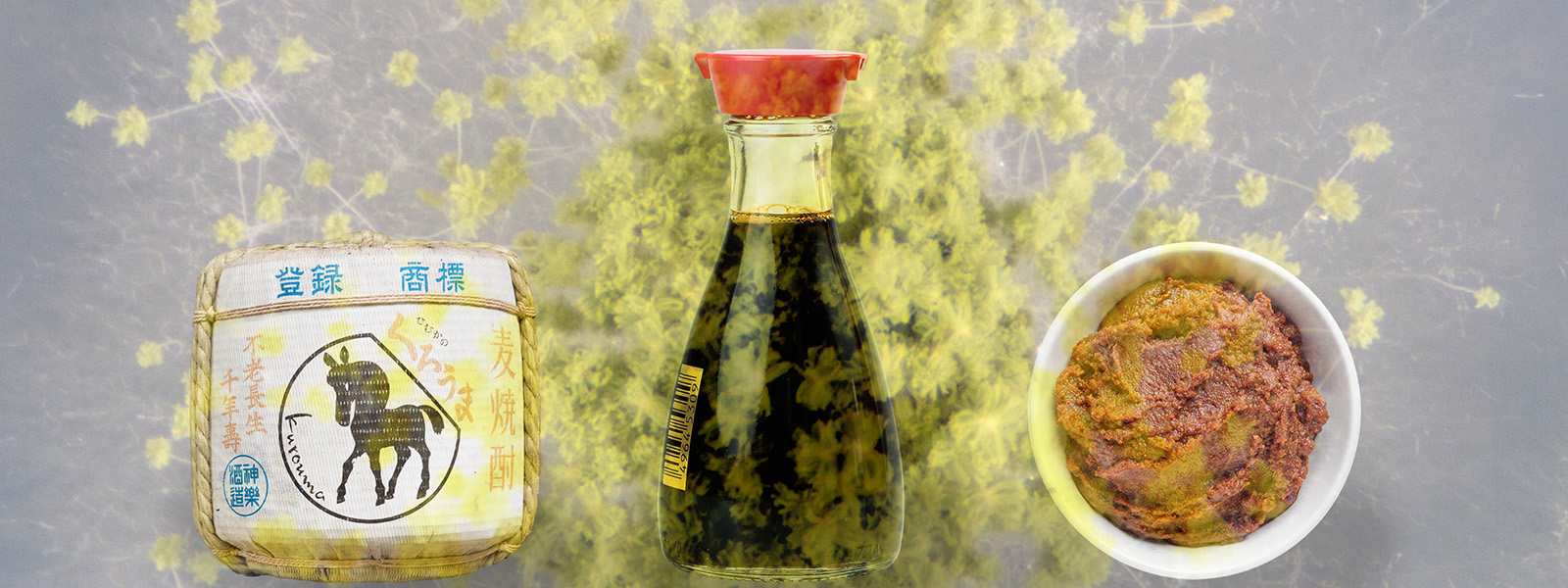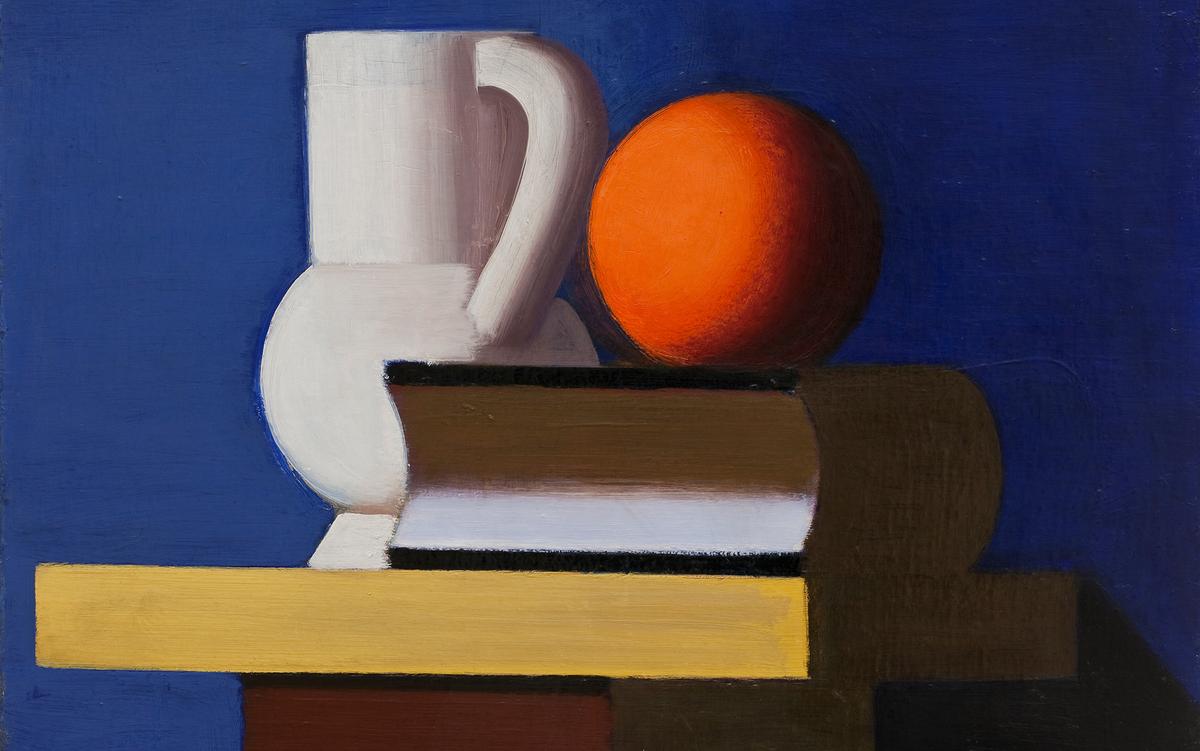
For Margaret Macdonald, philosophical theories are akin to stories, meant to enlarge certain aspects of human life
Still Life with White Jar, Orange and Book (1932-33) by Vilhelm Lundstrøm. Courtesy the National Gallery of Denmark, Copenhagen
Still Life with White Jar, Orange and Book (1932-33) by Vilhelm Lundstrøm. Courtesy the National Gallery of Denmark, Copenhagen
‘Philosophical theories are much more like good stories than scientific explanations.’ This provocative remark comes from the paper ‘Linguistic Philosophy and Perception’ (1953) by Margaret Macdonald. Macdonald was a figure at the institutional heart of British philosophy in the mid-20th century whose work, especially her views on the nature of philosophy itself, deserves to be better known.
Early proponents of the ‘analytic’ method in philosophy such as Bertrand Russell saw good philosophy as science-like and were dismissive of philosophy that was overly poetic or unscientific. Russell, for example, took issue with the French philosopher Henri Bergson, who was something of a bête-noire for early analytic philosophers. Bergson’s theorising (Russell thought) did not depend on argument but rather on expressing ‘truths’, so-called, arrived at by introspection. As Russell wrote in ‘The Philosophy of Bergson’ (1912):
Russell places Bergson alongside William Shakespeare and Percy Bysshe Shelley and worries that there is no objective measure of whose worldview is more accurate. There’s no way of proving which is a better account of things, it’s simply a matter of which ‘image’ you like best. In other words, there’s no attempt to provide empirical evidence – evidence based on publicly observable data – in support of these views. For Russell, this was enough to show that what Bergson was doing was not really philosophy, at least not good philosophy, any more than Shakespeare’s plays and Shelley’s poetry were.





